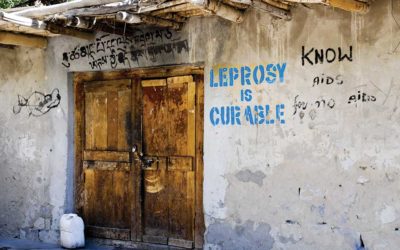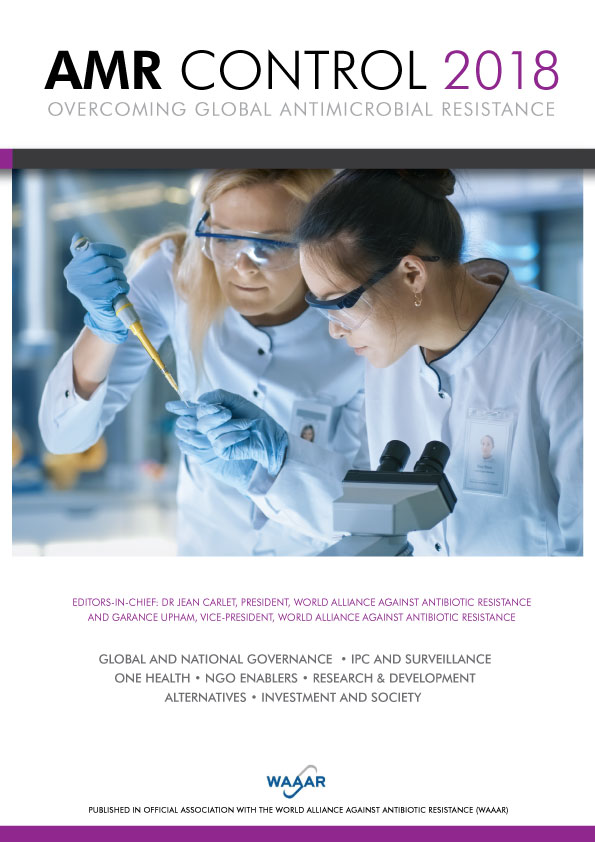Cancer Control 2013
According to World Health Organization statistics, more than 60% of cancer deaths occur in the developing world, bringing suffering and tragedy to those afflicted. Cancer Control 2013, produced in association with the International Network for Cancer Treatment and Research, brings together articles, case-studies, opinion and experience on the scale of cancer prevalence in emerging health systems and how professionals are confronting the disease. For featured articles click the boxes below, otherwise for an index of articles from the 2013 edition of Cancer Care 2013, please click here
Featured articles from Cancer Control 2013
Ignorance is not Strength: the need for a Global Evidence Base for Cancer Control in Developing Countries
Mark lodge, Associate Fellow, Particle Therapy Research Institute, University of Oxford In the Introduction to his pamphlet Common Sense published in 1776, Thomas Paine wrote “A long habit of not thinking a thing wrong, gives it a superficial appearance of being...
Palliative care and access to medications for pain treatment
The World Health Organization (WHO) recommends that controlled, essential medications are absolutely necessary for treatment for moderate to severe pain for people with cancer.
Early Detection of Cancer in primary care in less-developed countries
Early detection linked with appropriate treatment improves long-term survival and cure from breast and cervix cancer with good quality of life. Strengthening the capacity of primary care services in providing affordable early detection tests for breast and cervical cancer such as clinical breast examination (CBE), visual screening with acetic acid (VIA) and visual screening with Lugol’s iodine (VILI)
The Cochrane Collaboration, its mission and the value of systematic reviews
The Cochrane Collaboration’s primary purpose is to produce systematic reviews to inform decision-making in health care for patients and carers, health professionals, policy-makers and other stakeholders.
The future of cancer information and dissemination in developing countries
Access to information is described by some as “a human right”. The solution to delivering such an ideal is now within our grasp. Whereas content on the internet has exploded in volume and heterogeneity of subject material, the “access” has been blocked by economic and to a lesser extent technological constraints. the latter are dissolving as the margins between developed and developing countries blur.
Open educational resources for cancer: four Years of Progress 2008–12
Open Educational Resources for Cancer (OERC), an affiliate of INCTR, was established in 2009 and its website, www.oerc.merlot.org, was launched at the 2009 INCTR annual meeting in Antalya, Turkey.




